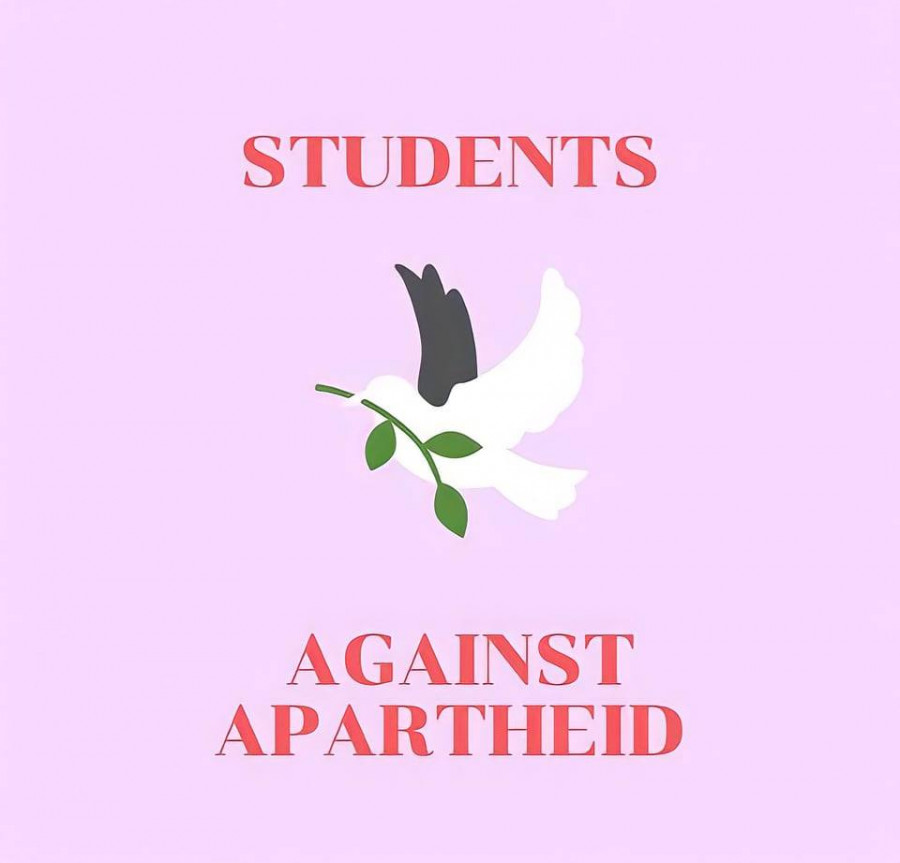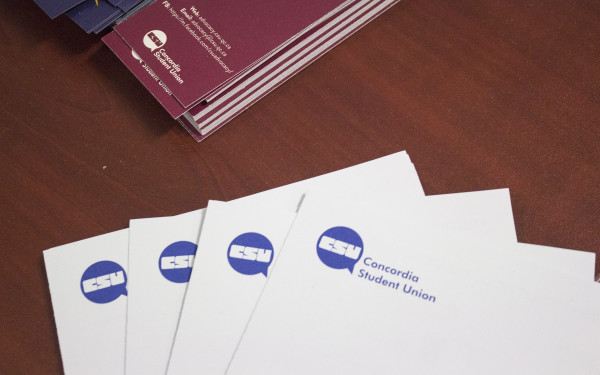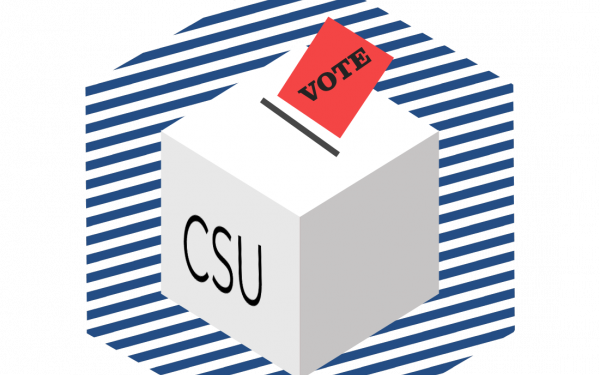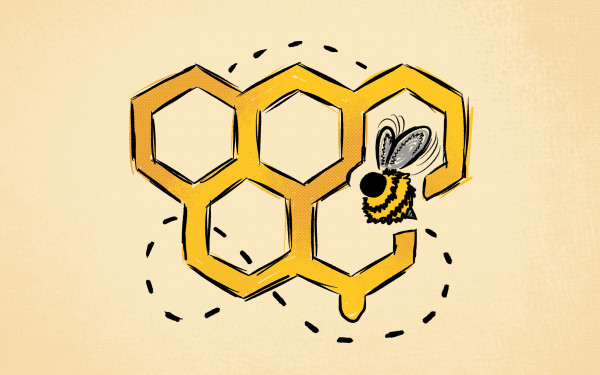CSU votes to pass the Motion Against Apartheid
The question will now be voted on by the student body in the March elections
The Concordia Student Union has passed an anti-apartheid motion which will be sent to referendum in the winter 2022 elections.
After nearly two hours of debate, the motion passed with 11 councillors voting in favour, five abstaining, and one voting against.
The student body will be able to vote on the referendum question from March 14-17.
“Students Against Apartheid” banners flooded the proceedings as students poured into the virtual CSU general meeting on Feb. 9. The meeting was widely attended, with over 50 people turning up to listen.
The question of the Motion Against Apartheid was proposed by councillor Hassan Nabeel as stated: “Do you support the CSU to adopt a position against the practice of apartheid (as defined by leading human rights organization such as Human Rights Watch and Amnesty International) and to divest from any investments and withdraw any financial or vocal support from states or businesses that are involved in apartheid?”
While many considered the answer to this question consistent with the CSU’s many official positions on social justice, including Indigenous sovereignty, discrimination, climate justice, LGBTQA+ rights, police brutality, and systemic racism, some members hesitated on the matter.
“It is important that we all agree on the fact that apartheid is bad. That being said, we just have some questions to understand the position more,” said the CSU’s Internal Affairs Coordinator Harrison Kirshner.
Questions were brought up regarding the call for divestment and its effect on businesses and campus clubs, the definition of apartheid, as well as how it would be applied and executed by the CSU if it were to be passed in referendum.
Kirshner and others questioned how the motion would specifically affect the finances of clubs and student groups at Concordia.
Councillors Katherine Soad Bellini and Alina Murad responded by saying that the purpose of student clubs is to enrich student life, not to support crimes against humanity.
“If there was a situation in which a club is supporting an apartheid state or a figure of apartheid, I think it would be fair to say that Concordia should divest from that,” Murad stated.
“The CSU can stop funding or divest funding from clubs, but that doesn’t necessarily stop clubs from seeking their own funding to sponsor and fund their own events as they see fit,” said councillor Lauren Perozek.
With a concern raised on which countries the motion would apply to, councillor Boutaïna Chafi said, “I don’t think it is up to us as CSU councillors to determine [who is committing apartheid], [this question] is better addressed by international standards and organizations that are able to determine the designation of such a crime.”
“If there was a situation in which a club is supporting an apartheid state or a figure of apartheid, I think it would be fair to say that Concordia should divest from that.” — Alina Murad
Perozek questioned whether the motion was redundant considering the CSU already has a section dedicated to fighting systemic racism within its Positions Book.
“From my understanding, apartheid is systematic racism. How does this position differ from the position that we already have, that covers any form of systematic racism which would include apartheid?” Perozek added.
Councillor Ikrame Housni explained the motion would be different from the current CSU position on systemic racism because of its active language. “I think what this motion is really trying to do is move positions into concrete actions, to take on those steps that allow us to make a change,” they stated.
Chafi explained that systemic racism is not always readily visible nor often a conscious experience. They explained that it is seen in laws and often deeply embedded in systems, including those that uphold apartheid.
“You’ll never see a world organization calling a country racist but you will see [them] calling a country out for committing the crimes of apartheid. Apartheid is recognizing that you are as a country putting forward laws that will segregate against the visible or non visible minorities sometimes. This is where the distinction [between systemic racism and apartheid] lies,” Chafi added.
CSU’s Academic & Advocacy Coordinator Hannah Jamet-Lange noted the CSU should not be applying double standards to referendum questions, highlighting that previous position questions in the past—even those with calls to action similar to this one—were not debated to this extent. Jamet-Lange stressed that this should be left to students to decide.





_600_375_90_s_c1.jpg)

